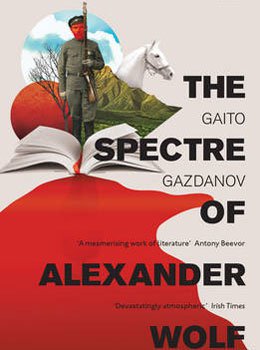The conceit of this collection is that it is composed of a series of letters to various correspondents, contemporary and historical, real and fictional. Some are bitter: Curry’s dispatch to Sir John Barrow (1764-1848), for example, acidly catalogues the number of young explorers sent to their deaths by this member of the Admiralty in search of a ‘northwest passage’ through the Arctic. Others, like the one addressed to one ‘Timothy the Tortoise’ owned by by the eighteenth century naturalist Gilbert White, are humorous, finding the poet hoping that said reptile is ‘Under the broad beans perhaps, or if you’re Really lucky and nobody’s noticed as yet, Happily chomping away among the strawberry beds.’
Though this is a densely allusive collection, Curry doesn’t have much truck with the pomposity of ‘literariness’: to Euripides he confides that he ‘couldn’t stand The way that you, and others, had been Classic-ised. It was the beggars bollocks they threatened To rip off, not his vital organs.’ Yet if what unites these poems is a thread of wit, it has quieter moments too: an address to the novelist Angela Carter manages to be at once unflinchingly honest and sad; a letter to the poet’s younger self reflects movingly on what is gained with time, but also with what is lost.
